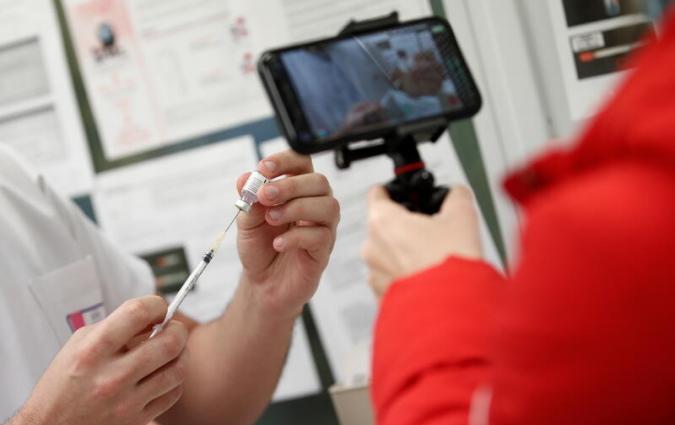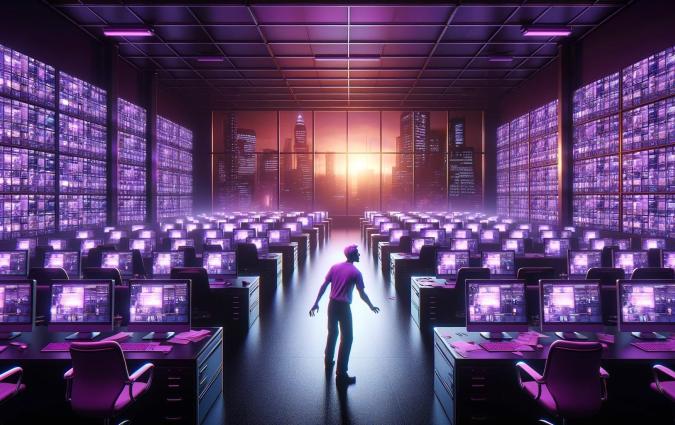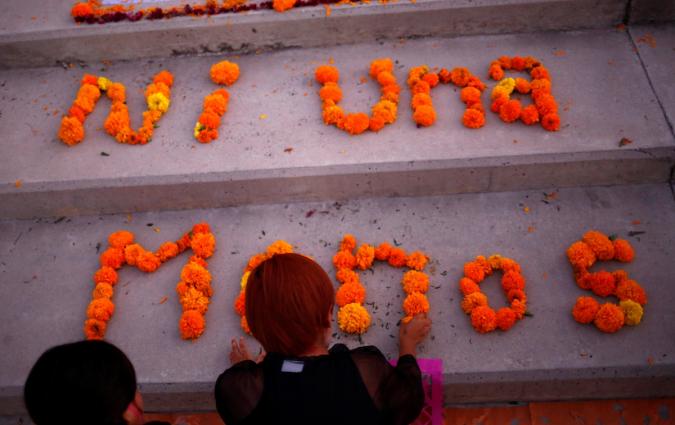Reporting Risk - Media Coverage of Radioactivity and it's Health Implications in the Fukushima Nuclear Disaster

Reuters Institute Fellow's Paper
Hiroyuki Takahashi, a staff writer at Jiji Press, has written a detailed study of the lessons to be learnt from covering the Fukushima nuclear catastrophe in 2011. In his paper entitled Reporting Risk: Media coverage of radioactivity and its health implications in the Fukushima nuclear disaster, Hiroyuki examines the responsibilities of journalists to report uncertainty and risk in a situation of confusion and conflict.
In particular, he argues that in the case of a nuclear accident, it is necessary for the media to talk to a wide range of expert sources, in addition to those in government, and report the risk of radiation exposure by supposing a worst-case scenario.
Here’s part of Hiroyuki’s conclusions:
“I went to Fukushima several times during 2011, focusing on the health impacts of radiation exposure. I interviewed physicians and scientists in Japan and other countries and published some articles on this subject. It is worth emphasising here that the news agency to which I belong asked me to modify my articles to avoid writing about the relationship between radiation exposure and health.
“Although my aim was to provide helpful information about soil contamination levels or signs of health damage to help residents decide about evacuation, I was considered to be spreading panic. However, panic arises when lack of information prevents people from thinking. Providing multi-faceted information leads to avoidance of panic, and journalists need to report without prejudice in order to communicate risk to readers.“
According to the World Nuclear Association, there are currently 447 commercial nuclear power reactors operating in 31 countries including Finland, France, Russia, South Africa, South Korea, the UK, and the US. Even if there is no natural disaster to trigger a nuclear accident, as there was in Japan in 2011, a nuclear facility could be the target of a terrorist attack. In other words, a nuclear accident could happen anytime, anywhere.
“Therefore, journalists need to be prepared for it every day. And once an accident has happened, journalists must provide coverage assuming a worst-case scenario in order to minimise the risk of health damage for local people.”
Image: REUTERS/Kyodo






